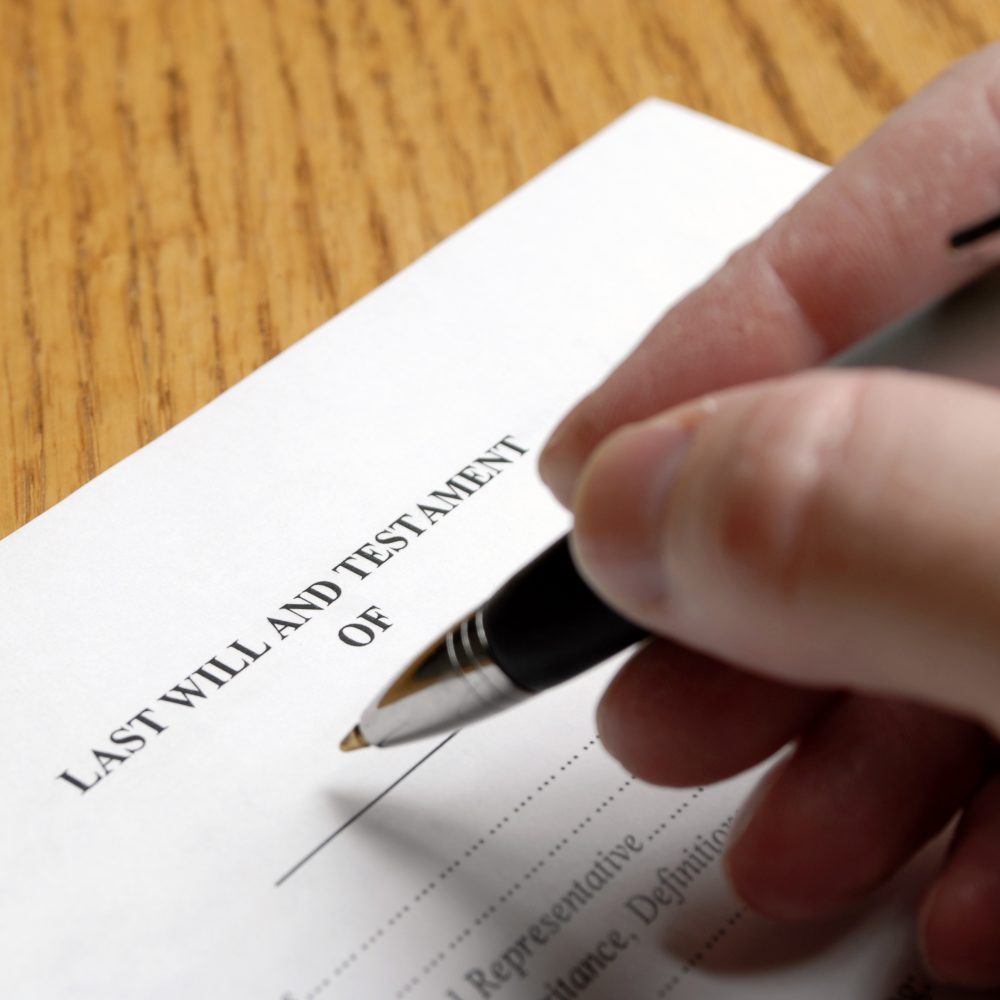What happens if I die without a Will?

Are you worried about what will happen to your estate if you die without a Will? Has a loved one passed away without making a valid Will? If any of these events occur, the individual whether yourself or a loved one would have died intestate.
What is intestate?
Intestacy is where an individual has died without making a valid Will or a partial intestacy may occur if there is a Will however it has partially failed. The intestacy rules provide an order of priority for who can act in the administration and provides a framework for who can inherit from the deceased’s estate.
Who will inherit if I don’t have a will?
If there are no surviving children, the residuary estate after any expenses or debts are paid would be held for the surviving spouse or civil partner absolutely. However, if there are surviving children and a surviving spouse or civil partner, then all personal chattels would be inherited by the spouse or civil partner as well as the statutory legacy and the residue would be split equally 50/50 between the spouse or civil partner and the children.
The rules surrounding the intestacy rules, specifically regarding what a surviving spouse and civil partner is entitled to inherit from a deceased estate where there are surviving children has recently changed.
What has changed in intestacy rules?
The statutory legacy has now been increased from £270,000 to £322,000. This means that a spouse or civil partner would receive this statutory legacy, personal chattels and 50% of the residue. The remaining 50% of the residue would be divided equally between any surviving children of the deceased. Children means biological or legally adopted children; however, it is worth noting that any children adopted out of the family would not be eligible to inherit under these rules.
Order of Priority
As explained above a spouse or civil partner would take priority. If there are surviving children, they would receive the 50% of the residue after payment of expenses and debts and after deduction of the statutory legacy and personal chattels. If there is no living spouse, children would receive the whole amount of the estate equally. If any of the children have predeceased leaving a child or children, if more than one they would take their parent’s share equally.
If no spouse, children, or grandchildren i.e., no direct descendants then the following would apply:
- Parents of the deceased
- Siblings of the deceased, this would pass to their children if they have predeceased.
- Half-brothers, half-sisters, half-nieces, and half-nephews
- Grandparents
- Aunts and Uncles
- Half-aunts and half-uncles and if they have predeceased leaving children then their children would take their share.
- The Crown
Contact us for advice
To ensure that your wishes are adhered to and the important people in your life benefit from your estate in the way you wish then we strongly recommend making a Will. A Will allows you to set out your specific wishes to provide for your loved ones and also makes it a smoother process for your loved ones in what will be a very difficult time. Contact Hayley for a free quote or to arrange an appointment for you either face to face or by video call on 0191 232 9547.



